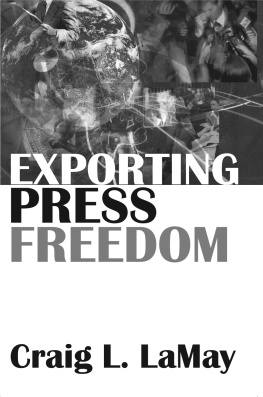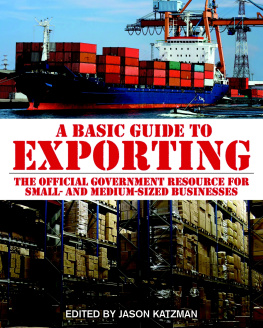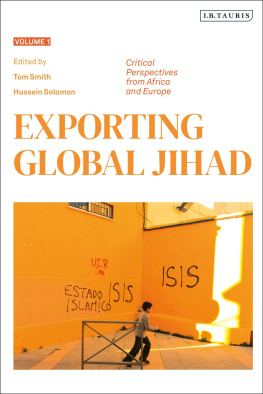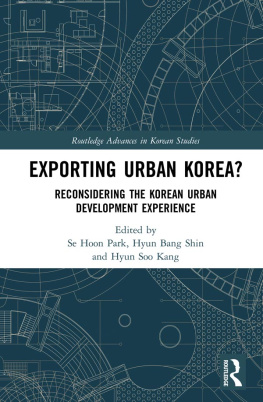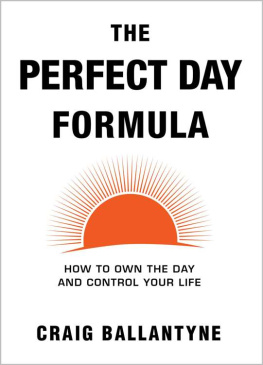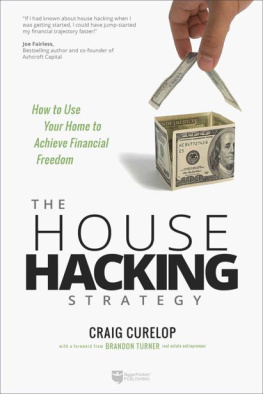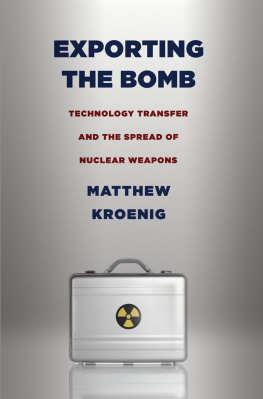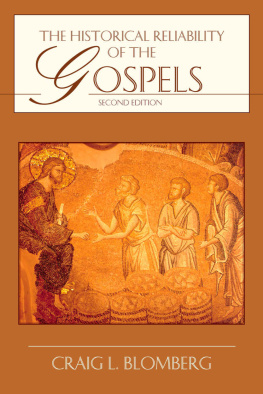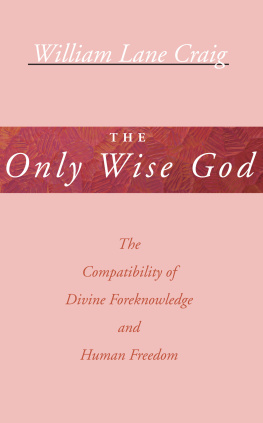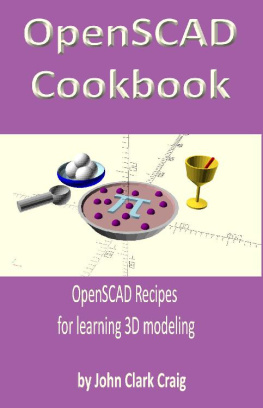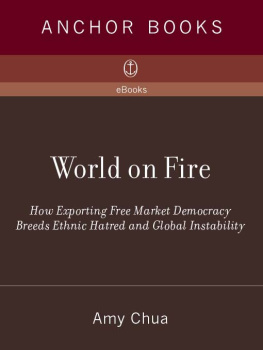First published 2007 by Transaction Publishers
First paperback edition 2009
Published 2017 by Routledge
2 Park Square, Milton Park, Abingdon, Oxon OX14 4RN
711 Third Avenue, New York, NY 10017, USA
Routledge is an imprint of the Taylor & Francis Group, an informa business
Copyright 2007 by Taylor & Francis.
All rights reserved. No part of this book may be reprinted or reproduced or utilised in any form or by any electronic, mechanical, or other means, now known or hereafter invented, including photocopying and recording, or in any information storage or retrieval system, without permission in writing from the publishers.
Notice:
Product or corporate names may be trademarks or registered trademarks, and are used only for identification and explanation without intent to infringe.
Library of Congress Catalog Number: 2006044468
Library of Congress Cataloging-in-Publication Data
LaMay, Craig L.
Exporting press freedom / Craig L. LaMay.
p. cm.
Includes bibliographical references and index.
ISBN 0-7658-0359-3 (cloth : alk paper); 978-4128-1053-1 (paper)
1. Freedom of the press. 2. Freedom of the pressDeveloping
countries. 3. Press and politics. 4. Press and politicsDeveloping
countries. I. Title.
PN4736.L36 2007
323.445091724dc22 2006044468
ISBN 13: 978-1-4128-1053-1 (pbk)
To my father, Edward H. LaMay, with love and admiration.
I owe my career, and thus the opportunity even to write this book, to several people whom I count as mentors and as friends: Newton N. Minow, Everette E. Dennis, Michael Janeway, Ken Bode, Burton A. Weisbrod, and the late Margaret Blanchard. Newton Minow, particularly, has been the mentor everyone should have and that I actually do. He is a patient and wise teacher, with a singular talent for getting to the root of problems and proposing bold solutions.
I am grateful also to those who first involved me in the media assistance business. At Duke University I am indebted to the eminent Russian media scholar Ellen Mickiewicz, whose intellectual and administrative talents for linking exacting scholarship with the demands of daily journalism are rare anywhere, and who does it with a diplomatic elegance that always amazes me. At the Vienna-based Institute for the Danube Region and Central Europe I am grateful to former Austrian vice chancellor Erhard Busek, who now serves as the special coordinator for the Security Pact for Southeastern Europe. Together these two have for several years directed the Commission for Radio and Television Policy: Southeast, Central and Eastern Europe, a non-governmental media-assistance organization founded by President Jimmy Carter in 1991 and with which I have been involved as rapporteur since 1995. At the Aspen Institute I thank Charles Firestone and Amy Garmer, and at the Ford Foundation I thank Jon Funabiki. These three engaged me in the International Journalism and Free Expression Roundtable, a three-year program that ran from 2000 to 2003 and which focused specifically on the links between finance and editorial mission in the practice of media assistance. Their persistent, provocative questions on that subject first gave me the idea for this book.
I could not have written any of it without the help of the many publishers, editors and reporters, marketing and sales directors around the world who opened their newsrooms, offices and homes to me. These people shared their business plans, their editorial meetings, their good company. Above all, they shared their hopes for a more democratic future in the countries they call home. Meeting them, in several cases getting to know them, has been one of the great pleasures of my career. I also benefited from long conversations with Harlan Mandel, Sasa Vucinic and Elena Popovic at the Media Development Loan Fund, and Charles Mundale at the Southern Africa Media Development Fund, among many others at both organizations. These four of whom only one, Vucinic, is a journalist have done remarkable things to secure press freedom in parts of the world where it otherwise would not exist.
The research for this book was supported by a grant from the Alumna of Northwestern University, which allowed me to travel around the world in 2003 and 2004 to visit almost all of the news organizations profiled or discussed here. I hope the Alumna will be pleased with the result. At Northwesterns Medill School of Journalism, my professional home, I thank professors Loren Ghiglione, Donna Leff, and David Abrahamson for their guidance and encouragement during the writing of this book. At Northwesterns Media Management Center I thank John Lavine and Mike Smith, whose views on the news business I do not always share, but who are skilled and thoughtful teachers. I am also grateful to a former Medill student, Lauren Stone, for her research help and her endless patience with me.
I would not be at this station in life but for the encouragement and support of Karrie Fisher-LaMay, my wife of twenty-three years. My older son Ellis helped me with the technical details of manuscript preparation, and my younger son Owen provided untold happy diversions from writing.
Last, I want to thank my dad, Edward H. LaMay, whose expertise in marketing and finance, coupled with his skepticism for simple answers, were invaluable to me as I gathered and reviewed material for this book. Fortunately, his skepticism failed him when it came to me. No matter what roads I have chosen in life, he has given me love, good humor, and encouragement. I am long past due in honoring him for all he has done for me, and so, though it is inadequate to the task, this book is for him.
This book focuses on a problem of central significance to both governmental and non-governmental organizations active in international media and democratization projects, namely, how free and independent public affairs media are supposed to sustain themselves servicing their editorial mission while also paying their bills particularly in countries where they face a hostile legal or political system on the one hand and the demands of the consumer marketplace on the other. Assistance providers and recipients alike want to know what works: What kinds of projects enhance media independence and professionalism, and which are able to sustain themselves after initial funding sources are exhausted or withdrawn?
The term media assistance covers a lot of territory. The U.S. Government Accountability Office, for example, uses the term to include the so-called public diplomacy programs that have traditionally been run out of the Department of State since the end of World War II the Voice of America, Radio Liberty, the many Radio Free services and other, sometimes clandestine broadcast programs. These services have operated with a specific task in mind, to explain the American view of world events to populations that live in authoritarian societies or with whom the United States is trying to establish better relations. Public diplomacy has been characterized both as the worst kind of propaganda and the noblest of public services, but for this books purposes that debate is not important. Whatever else public diplomacy is, it is a U.S. government owned and operated broadcasting service, not an effort to build indigenous media capacity in developing or democratizing countries.


